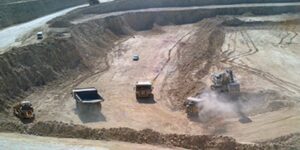
By: Andrew Maramwidze
“We have identified Namibia as a key growth market within sub-Saharan Africa in the medium term, primarily due to an overall improvement in the outlook for the mining sector thanks to stronger commodity prices, rapid advancements in technology-driven innovation, and a more supportive local regulatory environment,” explains Robert Makunike, Country Operations Manager for Namibia, at International SOS.
“These, coupled with a growing sustainability agenda in the sector, open up substantial opportunities for us given that we have been supporting oil and gas clients in meeting their stringent requirements in Namibia over the years. From a sustainability point of view, we help organisations meet their health and safety requirements; we support them in their Duty of Care agenda and in implementing public health programmes that positively impact the communities around the project site.”
On the back of the global commodities supercycle, an end to COVID restrictions, and renewed focus from the Namibian government on the mining and energy sectors, International SOS is gearing up for resurgent growth in the region.
International SOS first established a presence in Namibia in October 2001 following the merger of Medical Rescue International, which had been providing emergency medical services in Namibia since 1993, and Aeromed, which had operated in the country since 1995.
“After establishing a permanent presence in the country, supporting both onshore and offshore clients in Namibia at a local level, we provided emergency medical support and emergency assistance evacuation services to numerous mining and oil and gas clients across the country,” elaborates Makunike.
However, a combination of factors, including a slowdown in economic activity due to the pandemic, resulted in constrained business activity and a contraction in new business opportunities in the region.
Makunike identifies a resurgence in exploration within the booming energy sector, fuelled by constrained global supply for gas and oil and rising demand for greener energy sources such as hydrogen and uranium, as significant catalysts for business expansion in the country.
“Moreover, since the pandemic, organisations have also had to find and adopt new ways of operating, ensuring business continuity and protecting their workforce,” adds Makunike. “While Duty of Care has always been a fundamental pillar across numerous sectors and industries, the landscape has evolved quickly as companies need to consider and adapt to new regulations, threats and new requirements and expectations for work.”
In light of these robust and challenging circumstances, a clear case for a holistic approach to Duty of Care has emerged. International SOS is uniquely equipped to assist in this regard.
“Businesses can look at International SOS to provide an expert-led gap analysis of their current crisis management structures and processes to help anticipate, adapt, and respond to major disruptions. This will ensure that their employees and assets are safeguarded while supporting operational continuity,” explains Makunike.
Furthermore, as more mines move out of care and maintenance phases and Shell and Total’s discovery of oil and gas deposits prompts additional exploration projects in the region, these companies will increasingly require medical support and assistance services. “Workers in the mining and oil and gas sectors are undoubtedly operating in high-risk environments, which makes it crucial for their employers to provide them with the best standards of medical support to ensure their health and safety on site. It’s essential to partner with a health and safety provider who meets international industry requirements.”
Makunike also expects to see rising demand for medical and security risk management services from the corporate and renewable energy sectors as broader economic activity accelerates. He explains that the International SOS services portfolio in Namibia happens to include not only medical staffing services or the setting up of onsite medical sites but also medical and security assistance services, particularly for mobile workforces, as well as medical and safety training and consulting services.
“Government-backed initiatives that stem from its 2021 Industrial Policy and Vision 2030 policy will add additional support to drive resurgent economic growth,” suggests Makunike.
International SOS has adapted to shifting market demand for medical services in this context as advanced medical infrastructure becomes more pervasive throughout Namibia.
“As development in Namibia continues, we have witnessed a shift in demand, with fewer requirements for advanced medical care such as traditional advanced life support (ALS) on remote sites. As such, we have adapted our service offering to also cater to lower-level intermediate life support (ILS) and basic life support (BLS) medical services.”
Amid this shifting market dynamic, Makunikeexplains that International SOS will be well placed to support mining companies in providing proper healthcare to their workforce through remote site medical support (which includes primary and emergency care, the provision and management of medical supplies, Occupational Health services and medical staffing, etc.); and in their corporate social responsibility (CSR) engagement through public, community and global health programmes to improve public health conditions in surrounding communities.
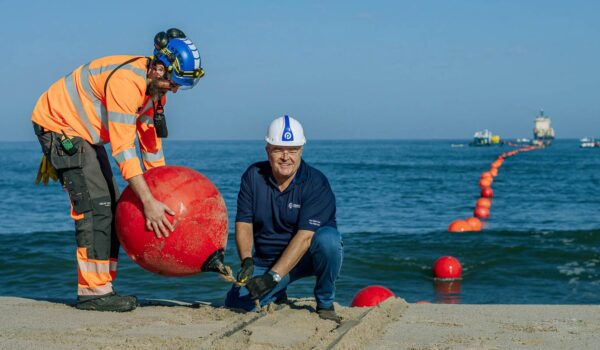
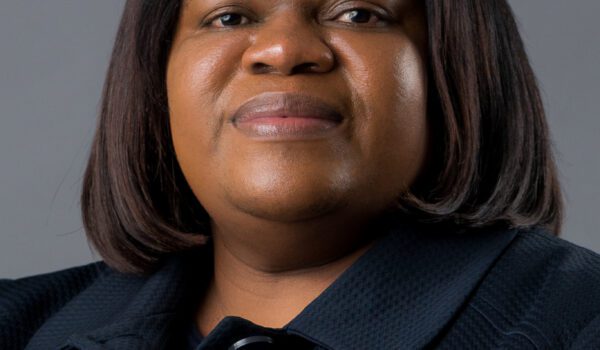
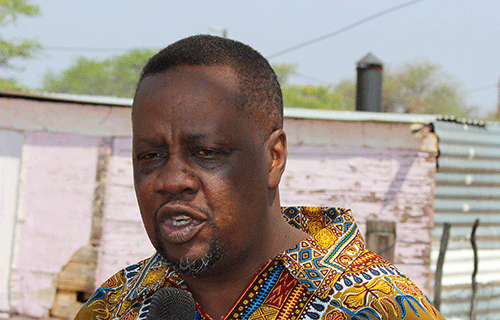

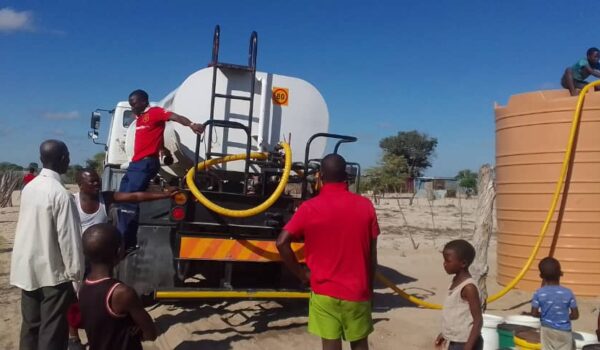
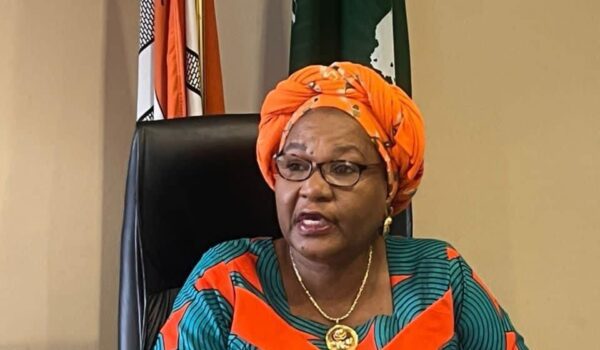
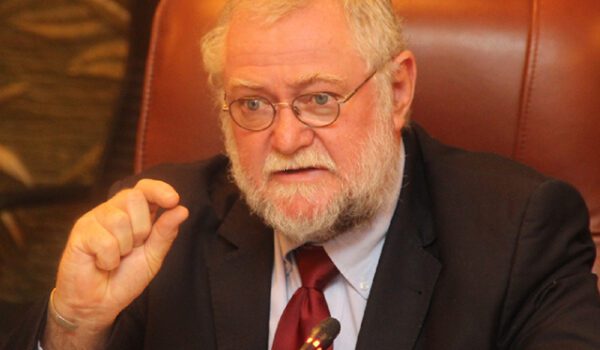
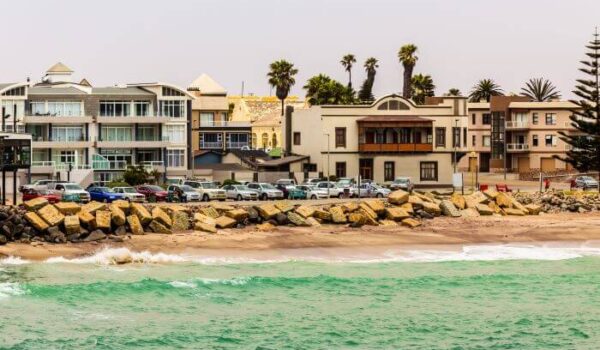

Comments